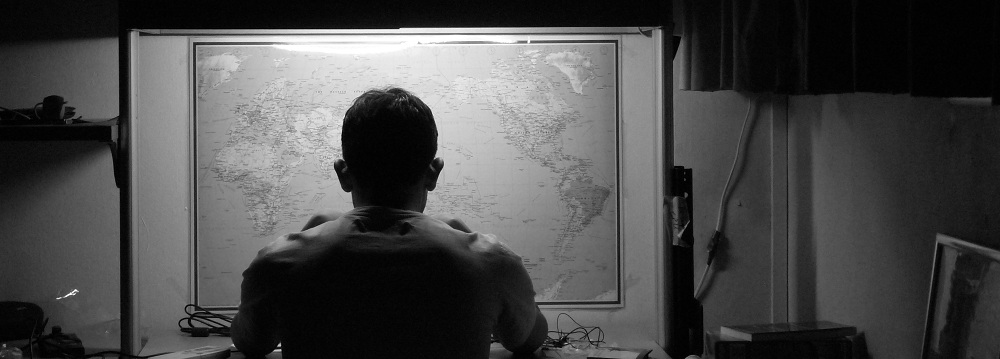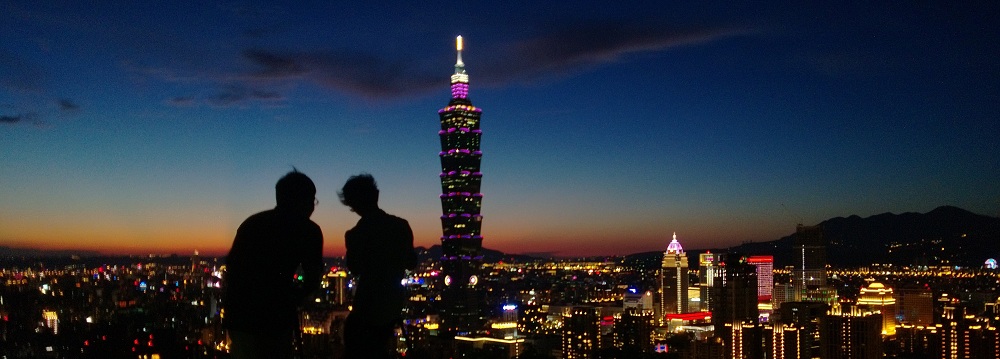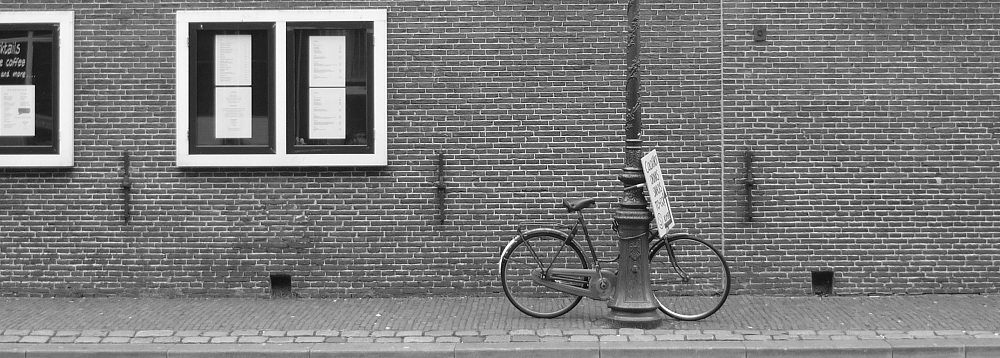Occasion: One of my friends' wedding
Continuing my last post on China, here are a few more conclusions about China coupled with less bitter and more sweet experiences.
How this trip was different: It was hardly touristy. I went to a small town in a somewhat remote location. Insulated from the touristy hubbub, the town is ensconced in a valley of the Wuyi mountain range. Due to its secluded spot, it gets the luxury of cleaner air and water. I also did a few other things in a more 'Chinese' way.
The shady side: People trying to trick you into overpriced stuff. At Guangzhou airport, I was driven out of the airport by an intimidating man in uniform who kept insisting that I couldn't spend the whole night in the airport. It was only after he forced me to sit in a van which was ready to take me a a 'cheap' hotel that I realized he was nothing more than a broker. After firmly saying no, and telling him clearly I would rather spent the night outside the airport under the open sky than go to a hotel, he gave up and allowed me back into the airport. One of my friends whom I met at the wedding unfortunately fell for the nasty Shanghai 'tea scam'.
What's not cheap in China: Public transport. Bus and train fares are fairly high. The trains are clean and well maintained, but the buses are just about as dirty and uncomfortable as in countries like Indonesia or India. But the fares are high! Food and accommodation are cheap.
NOT staying in a backpackers hostel: Hospitality of the hotel staff makes the stay pleasant. A backpackers hostel almost always comes with an added convenience of English speaking receptionists who will help you in everything from planning a trip to booking a ticket. For the first time I stayed in a hotel where English was as alien as the vanishing Bikya language. The staff could hardly speak any English but was super friendly and very willing to help me. I was smattering Mandarin, and the staff would soon resort to using an online translator whenever I gave up on my spotty knowledge of Mandarin. The most important thing to remember is such hostels have no signboard in English. You will find their English names while booking online through well known sites like hostelworld or agoda but in reality they are just literal translations of their Chinese names which occupy the outer walls or billboards of the city. Always note the Chinese name and the address of the place.
Chinese hospitality: I have oft repeated the welcoming and curious nature of Chinese people. During my sojourn in the small hill town, I was touched by the warmth, energy and willingness of people to ensure our well being. The way they treat guests and their endearing hospitality is yet another similarity to India.
Curiosity about India: It's kind of rare to find an Indian very interested in China's daily affairs and the culture. But it's not rare to find a Chinese person very interested about India. I met a guy who did punting on the Jiuqu Xi (Nine Bends river in Wuyi mountains). In spite of having a low income and limited access to media, he had seen a couple of Indian movies, knew about the latest gang-rape case in Delhi and had (rightly) formed a notion of India's lopsided outlook against women in society. In Guangzhou, I met a girl who read a lot about Indian culture, knew about Gandhi and had even tried vegetarianism for a while (she had to give it up as it was something very hard for her). Another lady in Guangzhou asked me why Indian men just explode after a certain age and why I was so thin and not fat (I told her I ran regularly). On my way to Nanchang, I met a soldier who worked in the PLA. He and my friend (who had no knowledge of Mandarin) kept conversing with the help of on-the-run translation using smartphones. After my friend went to bed, the guy came to me, handed me his second smartphone as I didn't have one, and started a mute conversation with me. He was a soldier in a communist army. But he answered yes when I asked him "Should democracy be introduced in China?". We reached Nanchang at about midnight. He made sure that we went to our respective destinations safely; he bargained for us, saw us off and gave each of us his as well as police's contact before departing.
Site specific tips/trivia:
Bamboo rafting at Wuyishan: A must do. Winter is probably not the best time to do it, but the surroundings are just beautiful. I did it in Jan when the temperature was almost zero, and by the end of the trip my jaw had gone numb. Nevertheless it was all worth it! I didn't get a chance to hike but the place has got some amazing mountains and hiking trails.
Guangzhou: It's a massive urban jungle that sits pompously beside other urban behemoths Shenzhen and Hong Kong. There is not much to do in this city and it's similar to Singapore in more ways than one. After Beijing and Shanghai, it is the third largest city in China, but it has mingled with Shenzhen and formed a massive mega-city. Like in Shanghai, most (young) people can speak English and the city is equipped with an efficient metro system. For reasons I could not fathom, the city is even more expensive than Shanghai, which in turn is more expensive than Beijing. Canton Tower is quite a sight during nighttime! But you have to dip in your savings to go up the tower.
Speaking Mandarin: Before I conclude, I want to share the amazing feeling of empowerment you get when in an alien land, you converse in an alien language and get by :)
I flagged down a cab, negotiated and went to the airport without using any sign language. I swapped seats in the train with another guy to sit with my friend. I had numerous very small chit-chats with people in and around the airports in Nanchang and Guangzhou. All in mandarin. And that's an amazing feeling!











